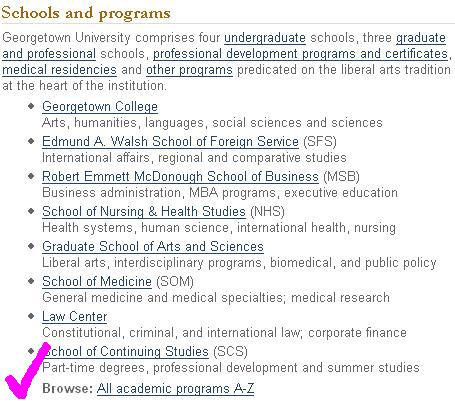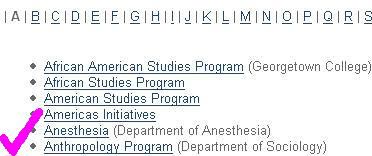6 Things to Remember When Cramming for Finals
Worried About Finals This Year?
With some exams accounting for around 50 percent of your final grade, the pressure to make the grade may lower your level of performance. You don’t have to suffer this year. There are solutions.
We researched the fields of proper study habits, nutrition and health, and psychology to compile this list of the most important and often overlooked study tips. We present these to you in no particular order:
1.) Stay Away from Stimulant Drugs!
These include caffeine, ephedrine, cocaine, ect…
 Many stimulants may be part of your everyday diet, and it’s ok to use your normal amount. The problem arises when you use stimulants to stay awake studying for long periods of time. You may have trouble digesting the information you need to absorb. The worst case scenario is that you stay up so long that you finally crash during the test and give a crappy performance.
Many stimulants may be part of your everyday diet, and it’s ok to use your normal amount. The problem arises when you use stimulants to stay awake studying for long periods of time. You may have trouble digesting the information you need to absorb. The worst case scenario is that you stay up so long that you finally crash during the test and give a crappy performance.
If you generally rely on stimulants to stay awake or be more alert, try to change a few daily activities and get a natural boost. Exercise, stay away from saturated fats and sugar, and get a full night of rest each day.
2.) Carefully Choose Your Study “Setting”

Your setting will be the location of your cram sessions. Everyone has unique study preferences. Some prefer music while others enjoy total silence. Do you like to lie around, or is a large desk necessary? Take all of your considerations into account before going to your location. You don’t want to be stuck in an unaccommodating setting when your grades are on the line.
3.) Don’t Worry, Be Happy
 Stop stressing. Think positive. Visualize taking the exam while confident and relaxed. KNOW that you have the mental ability to do well. All this is easy to say, but hard to do. If you have trouble, talk to a trusted friend for reassurance. Mothers tend to be pretty good giving you positive feedback when asked.
Stop stressing. Think positive. Visualize taking the exam while confident and relaxed. KNOW that you have the mental ability to do well. All this is easy to say, but hard to do. If you have trouble, talk to a trusted friend for reassurance. Mothers tend to be pretty good giving you positive feedback when asked.
4.) Get Your Priorities in Order

You have a certain amount of time, and a big load to study.
Do you know what classes are most important? And what information in the class should be focused on? Make a list of your studying priorities and stick to it.
5.) Time for Time Management
 You’ve got your list of priorities, but limited time. Create a schedule of where you will be located and what you’ll be studying. Be sure to work in some short breaks to stretch your muscles and stay alert.
You’ve got your list of priorities, but limited time. Create a schedule of where you will be located and what you’ll be studying. Be sure to work in some short breaks to stretch your muscles and stay alert.
Stick to the schedule. Make no sudden emotional changes to the schedule since this will likely cause a loss of valuable time.
6.) Don’t Study with Your Crush
 I know studying for an important test is a great excuse to spend time with that person you find really attractive.
I know studying for an important test is a great excuse to spend time with that person you find really attractive.
However, don’t use it when cramming, no matter what. I know it’s even harder if they ask YOU to study.
Just DON’T DO IT! You have enough distractions in your life right now as it is.



 **To sum up what we just did: you should find the general merit and need scholarships on a webpage in the Financial Aid section of the college or university website. When in doubt, always head for “financial aid.”
**To sum up what we just did: you should find the general merit and need scholarships on a webpage in the Financial Aid section of the college or university website. When in doubt, always head for “financial aid.”






